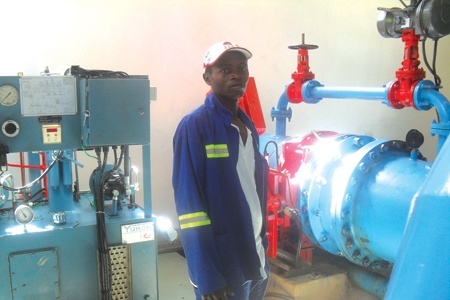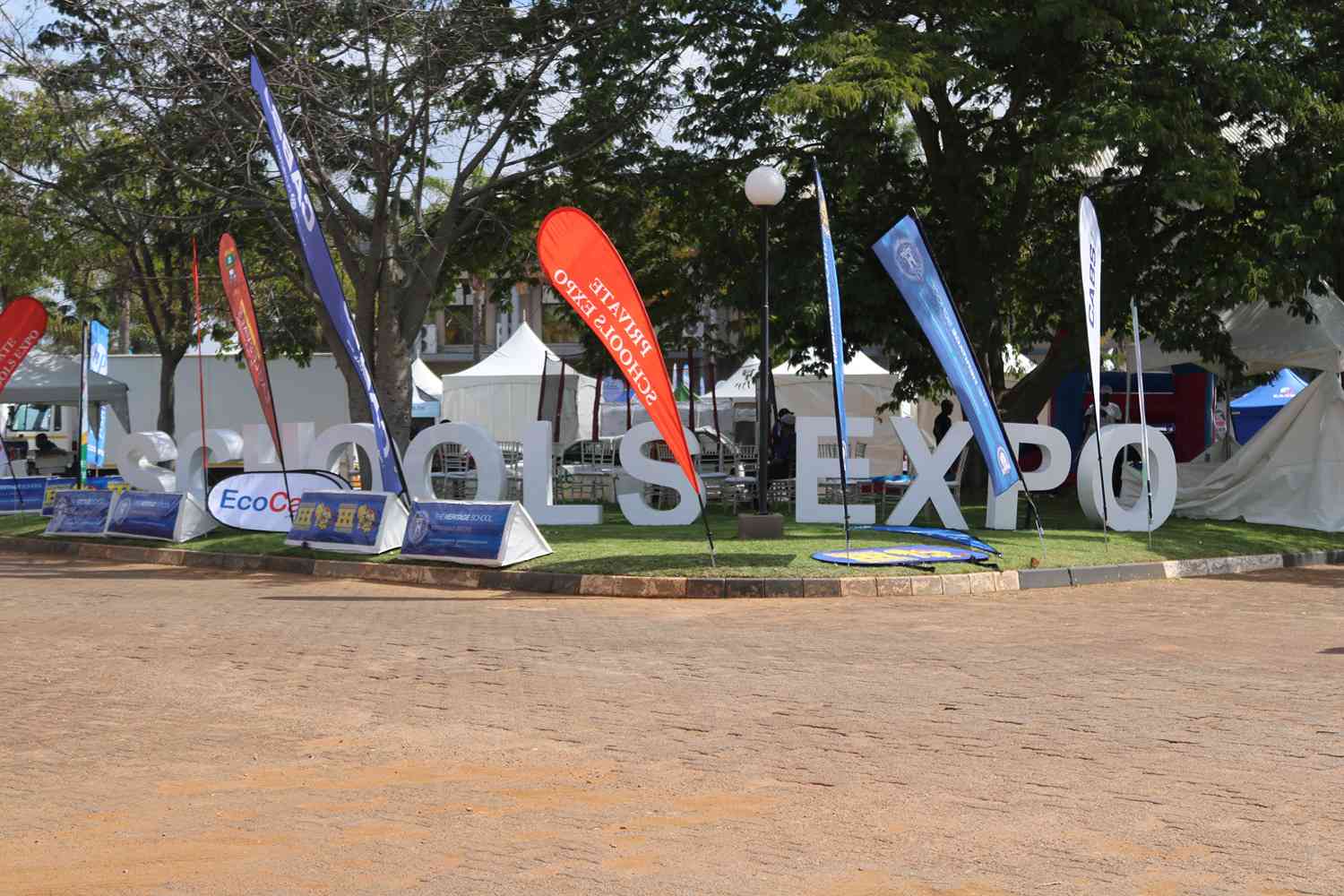
MUTARE SOUTH — Access to modern and cheap energy remains a pipe dream for most families in the rural areas across the country.
REPORT BY OUR CORRESPONDENT But that is now a problem of the past for the rural community of Chipendeke in Mutare South, which is generating electricity from a micro-hydro project.
The US$75 000 project, a community initiative sponsored by a non-governmental organisation, Practical Action Southern Africa, is designed to improve the lives of people living in rural areas.
So far at least 400 households, clinics and schools in Chipendeke — 70km south of Mutare — are already using electricity from the project for cooking, lighting and even to power their electrical domestic gadgets.
A recent visit to the area by Standardcommunity revealed that life had changed for the better for the community following the commissioning of the project, which has a capacity to generate 25 kilowatts of energy.
One of the beneficiaries of the project, Misheck Mukundwa (33) said the venture had assisted the community to raise income to sustain their families.
“People can now afford to pay fees for their children and buy food from the sale of produces from the irrigation scheme,” he said.
A smallholder farmer, Shadreck Mudiwa said the project had enabled him to boost agricultural production at Chipendeke Irrigation Scheme.
- Chamisa under fire over US$120K donation
- Mavhunga puts DeMbare into Chibuku quarterfinals
- Pension funds bet on Cabora Bassa oilfields
- Councils defy govt fire tender directive
Keep Reading
“The availability of electric power has encouraged us as farmers to produce more food for the community and for resale in the city,” said Mudiwa. “We used to incur losses when our perishables turned bad. But now we can refrigerate them before taking them to the market.”
A local environmentalist, Brian Makumbe said the introduction of electricity in the area had reduced environmental degradation as people now used less firewood for cooking and lighting.
“We really appreciated this kind of initiative because it brings development and sustainable management of the environment,” said Makumbe. “We expect villagers to save the forest because they have an alternative source of energy.”
A nurse at Chipendeke Clinic said before the advent of electricity, staff at the health centre used to light candles to enable surgical operations at night.
Storing drugs was also a major challenge.
“We can now operate at night and store our medicines in the refrigerator. The biggest challenge was that of pregnant mothers who wanted to deliver at night. They had to bring their own candles,” said a nurse who declined to be named.
A teacher at a local school, Maxwell Zenda said he expected the pass rate in schools in the area to improve as students would now have enough time to study and prepare for exams at night.
Clinics and schools pay US$0,10 per kilowatt while business and households pay US$0,32 and US$0,15 respectively for the electricity.
Business entities pay more because they derive profit from the project.
The project has also created employment for the locals.
A team of villagers was trained in managing the vending system, installation of prepaid meters and updating database for users and electrical components.
Improving access to modern energy services The Chipendeke project is part of a five-year regional micro-hydro project called Catalysing Modern Energy Service Delivery to Marginal Communities in Southern Africa.
The main aim is to improve access to modern energy services and increase uptake of renewable energy technologies.
The project seeks to remove the policy, technical and institutional barriers that limit the development and use of renewable energy sources to meet the energy needs of poor, off-grid communities.
According to Practical Action, access to electricity in rural areas in southern Africa remains low with Malawi on 0,05%, Mozambique 0,7% and Zimbabwe 19%.











